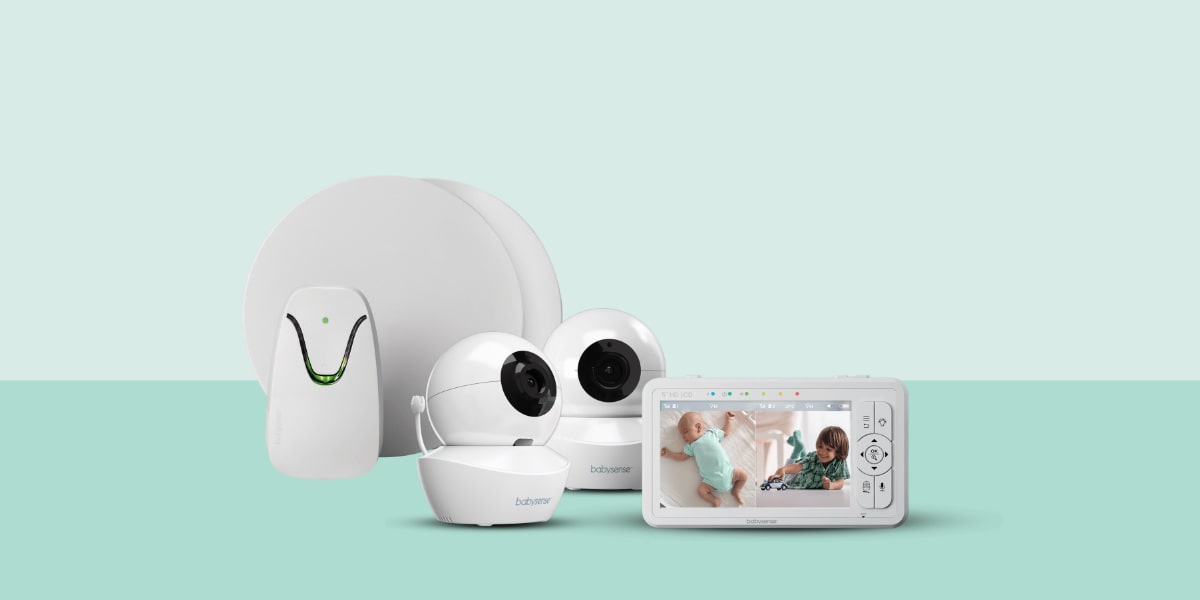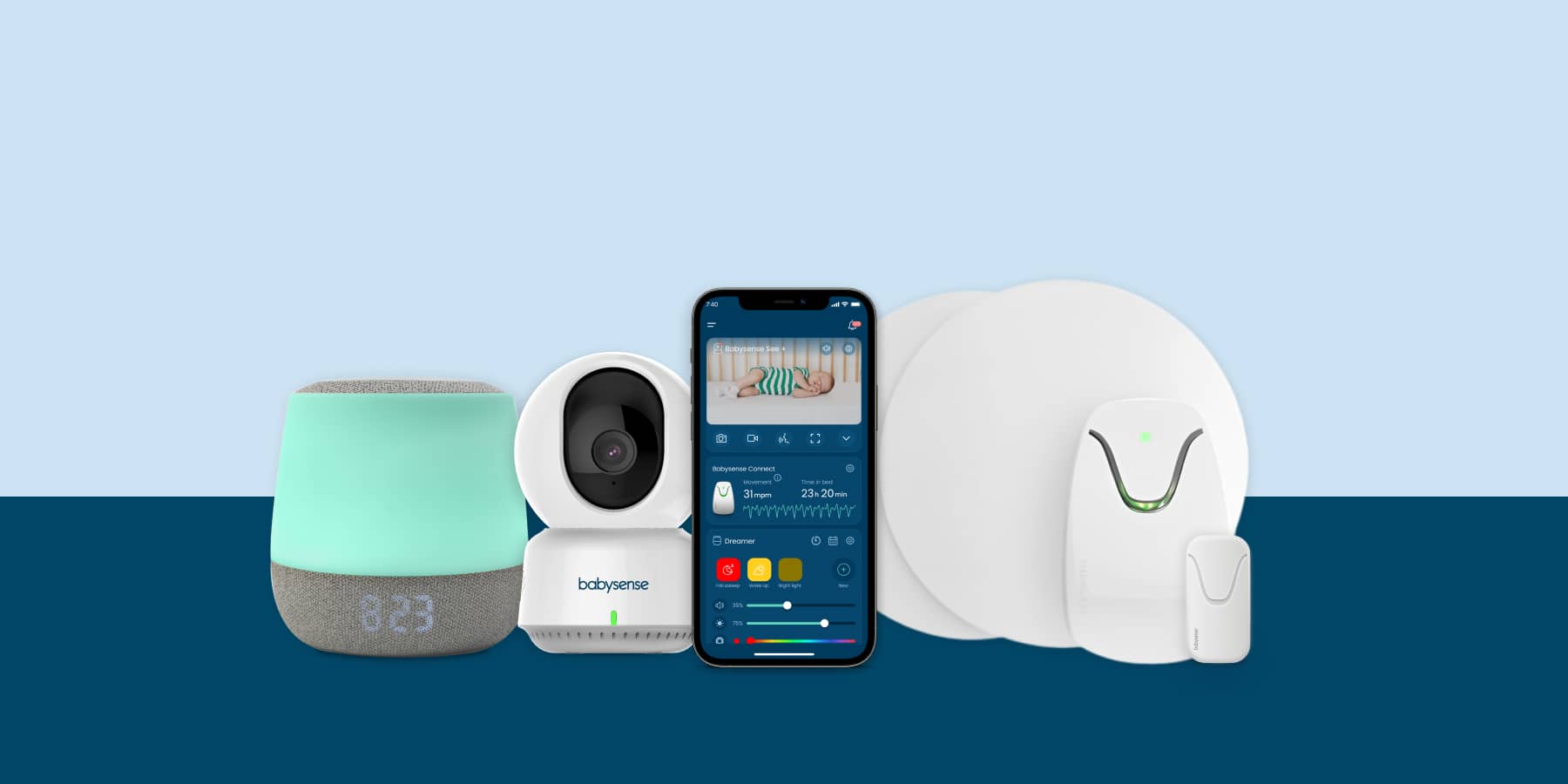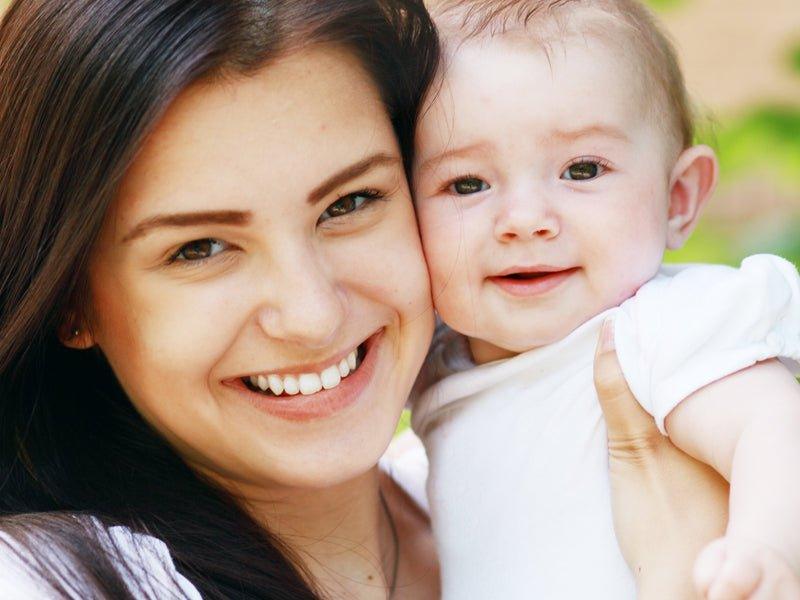You have no doubt at least once in your life as a parent, compared your little one to a friend’s baby and wondered if you were doing it all wrong when your baby wouldn’t settle or sleep as well as hers. On the other hand, if you are getting it right and have a really easy baby who is sleeping through, you may be patting yourself on the back and thinking that you must have the secret to a content little one.
The question is whether it has more to do with your baby’s personality or with you and how you parent him. Any mother who has more than one baby will tell you: every baby is different. Even twins born with the same genes and reared in the same home by the same parents differ in their response to life. One twin may be quiet and slow to engage while the next is as social and bubbly as can be.
Whether your baby is a settled baby or a fractious, irritable chap probably has more to do with who he is than you realize. Let’s explore the four sensory personalities, how these affect sleep, development and mood and how your sensory personality fits with your baby’s.
Social butterfly
The social butterfly loves interacting with others and his world. He is a more alert baby and seems to be constantly on the move. He is not happy when left alone for long because he just loves being in the company of others. These babies love to be carried around and you may find yourself getting frustrated that you never have your hands free. Your social butterfly has limitless energy and is a bundle of fun. A walk in the shops takes twice as long with a social butterfly because he makes eye contact with strangers and invites interaction and smiles from everyone. As a toddler, these babies tend to be busy and a little impulsive. Life with a social butterfly is never dull but can be exhausting, especially in the toddler years.
Sensory Brain - The social butterfly loves sensory input and stimulation through the senses, which he uses to interact happily. If he gets too little stimulation, he can become grumpy as he is not getting enough information from his world.
Slow to warm up baby
Some babies just take longer to adjust to anything new. They are sensitive to change and take a while to get accustomed to unfamiliar sensory information so appear to be withdrawn at first. But unlike the sensitive baby who is fractious, the slow to warm up baby is calm as long as he is near mummy or daddy or in a predictable environment. As older babies and toddlers, they may be known as Velcro babies because they are happiest when next to mum or on her lap. Your slow to warm up baby loves his routine and is easily upset by changes in his schedule because routines make his life predictable. A slow to warm up baby with no routine may be more difficult to manage and they tend to need to be soothed through close contact (carrying or feeding). As older children, slow to warm up babies are quiet and a little anxious when out of their comfort zone. They are shy and tend to withdraw rather than embrace novel and unpredictable situations. Once they are comfortable with a friend or in an environment they warm up and can be the life of the party.
Sensory Brain - The slow to warm up baby’s brain is sensitive to new sensory information and is easily overwhelmed by new sensory input and novelty. As his brain gets used to a new sensation and your baby has determined it is not threatening, it begins to filter and so your little one will settle down and is calmer. Since he is initially sensitive to sensation he tends to avoid situations that are new and potentially overwhelming. Your little one will like predictability and being with people he knows.
Settled baby
Your settled baby is much more laid back than others. He is an easygoing, happy chap. He is flexible and sleeps and feeds with ease wherever he is. Your settled baby copes well with stimulation and interaction and to changes in his routine. By a few weeks old, the settled baby will be starting to fit into a routine; he may well be sleeping through the night and is generally content. The settled baby’s development may be a little slower than other babies: there is no rush to roll or crawl because the settled baby is quite content to lie back and watch the world go by. As a toddler this baby is as happy at home reading books as he is going out and about.
Sensory Brain - The settled baby’s brain has a natural capacity to filter a lot of sensory information. These babies don’t even register some sensory input, unless it is a clear and strong sensory input: sounds are filtered so your baby is not easily woken by noise; touch is filtered so a dirty nappy does not bother your baby at all.
Sensitive baby
Some babies are just more fussy and sensitive. These babies often take a long time to settle and are colicky for quite some time. Parenting a sensitive baby is a challenge at times. Breastfeeding often gets off to a rough start with these babies because they are sensitive to the feel of your nipple, the touch of your skin and the smell and tastes involved in breastfeeding. They are best fed in a quiet room, with dim lighting soon after a sleep, when they are calmest. Your sensitive baby does not learn to self-calm as rapidly as other babies. In addition your attempts to calm him may be a challenge. Often sensitive babies act as though they do not like being swaddled (they are sensitive to the blanket and pressure) and do not take to dummies (they are sensitive in their mouths too). It is important with sensitive babies to persist with swaddling and sucking strategies because this will make your life much easier. The sensitive baby is very tuned into their world.
Sensory Brain - All sensory input is perceived with greater intensity by the brain. Your baby may feel as you do in a dark alley – like all sounds, touches and sights are a potential threat. He needs to have the sensory environment filtered for him, especially as a newborn.
By Meg Faure








